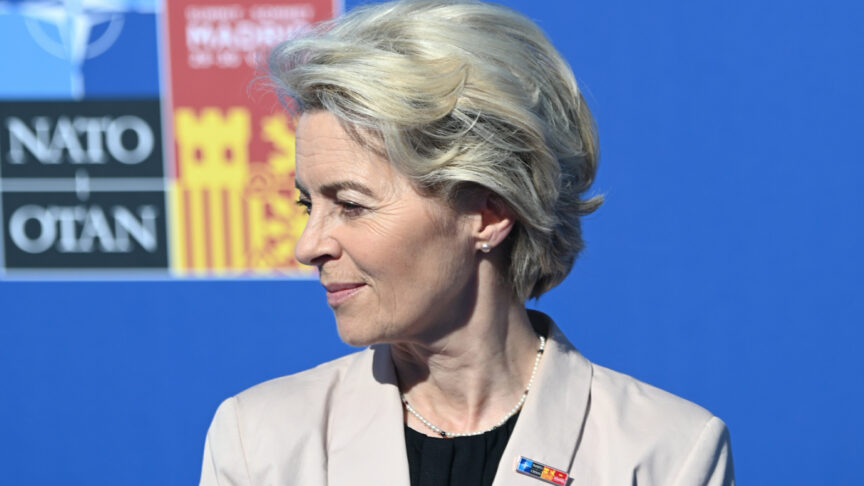
The NATO Summit and the future of European Defence
Mark Leonard is joined by Nick Witney, Jana Puglierin, and Tara Varma, to evaluate the outcomes of the NATO Summit in Madrid, especially regarding European defence
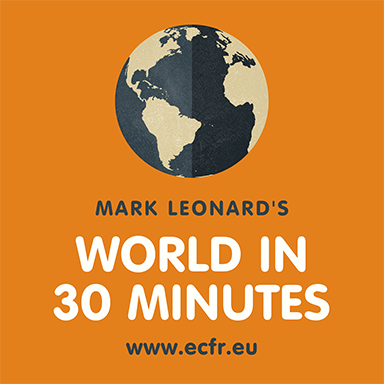
In our weekly series, Mark Leonard and guests explore the big issues in foreign policy.
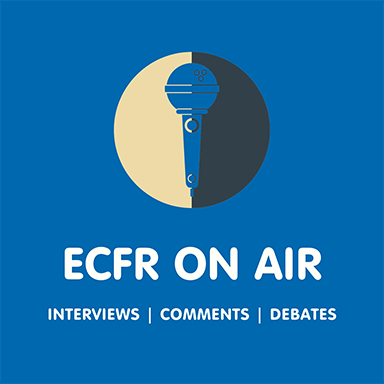
Short interviews and comment by ECFR experts and others on breaking news and key topics.
Europe Listens is a podcast series that features interviews with thought leaders from outside of Europe. It explores how they think about the global challenges we face and how they view Europe’s role and responsibilities as well as opportunities and obstacles for multilateral cooperation. Europe Listens is hosted by Rafael Loss and Jana Puglierin, with support from Stiftung Mercator.
China is becoming ever more important to global affairs. But political and geopolitical challenges, as well as the covid-19 pandemic, have diminished Europeans’ ability to engage with Chinese thinkers and understand their views and ideas about the world. In this mini-series, Mark Leonard and Janka Oertel try to change that by engaging in conversations with some of the best Chinese academics, researchers, writers, and journalists on the topics in Chinese internal debates that matter most to Europeans.
In the first big multilateral test for prime minister Giorgia Meloni, this mini-series will explore the four main priorities of Italy’s 2024 G7 presidency: AI, infrastructure, Ukraine, and Africa.
ECFR’s podcast series “Under the Overcoat” explores the deeper trends beneath the surface of Russian daily politics. It reveals how fundamental changes in Russia enabled its war of aggression against Ukraine and how the conflict is sparking further transformations. The podcast series delves into various aspects of Russian society and politics to provide a comprehensive understanding of the country’s evolution.

Mark Leonard is joined by Nick Witney, Jana Puglierin, and Tara Varma, to evaluate the outcomes of the NATO Summit in Madrid, especially regarding European defence
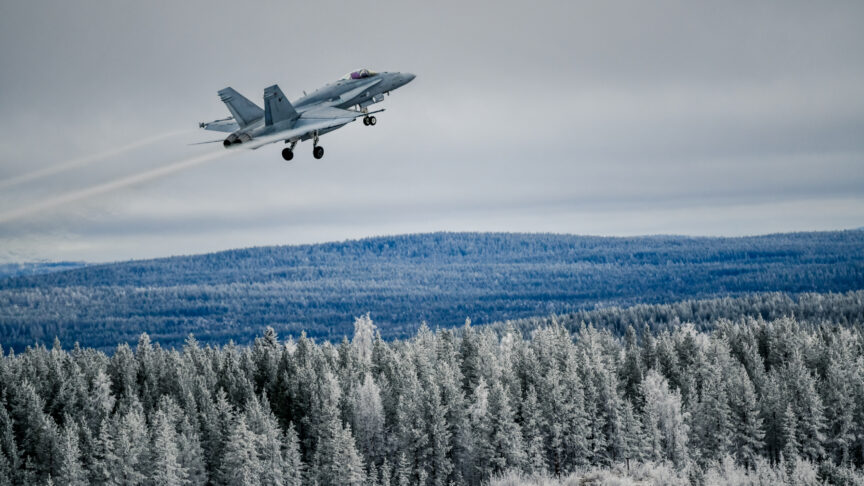
What can Sweden and Finland offer NATO? And are they worried about the Kremlin’s threats to attack their countries?
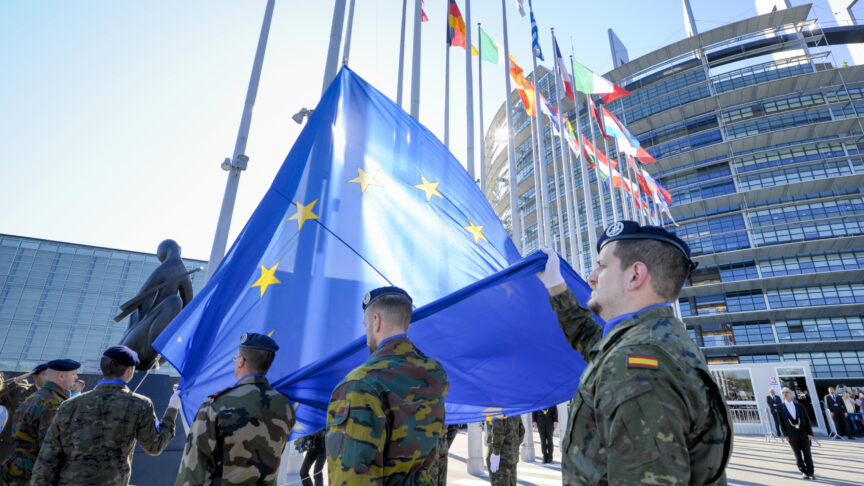
What are the biggest challenges in building greater European sovereignty in defence? And how will this effort be funded?
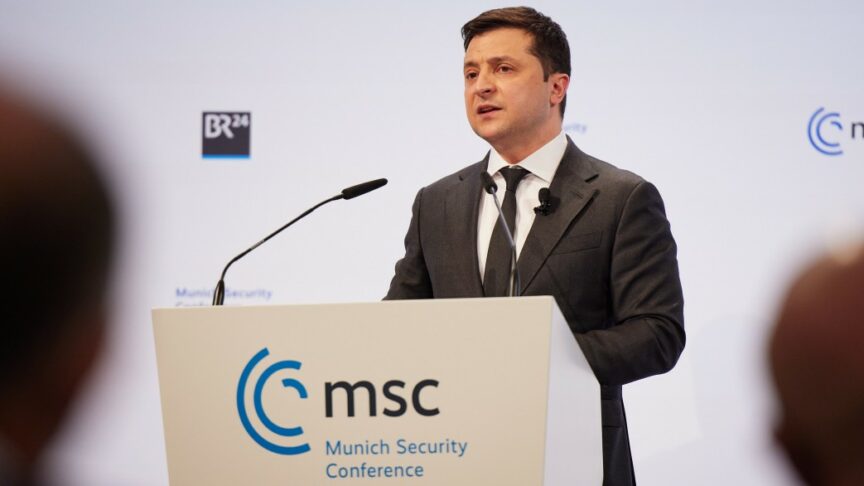
Live from the Munich Security Conference (MSC)!
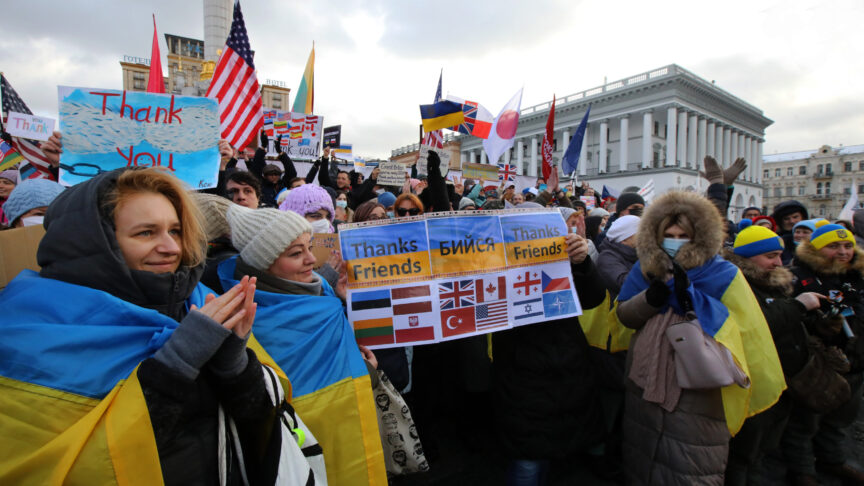
Mark Leonard and Jeremy Shapiro discuss our latest polling results on the Ukraine crisis and how European policymakers might adjust their policies to reflect the public mood it reveals
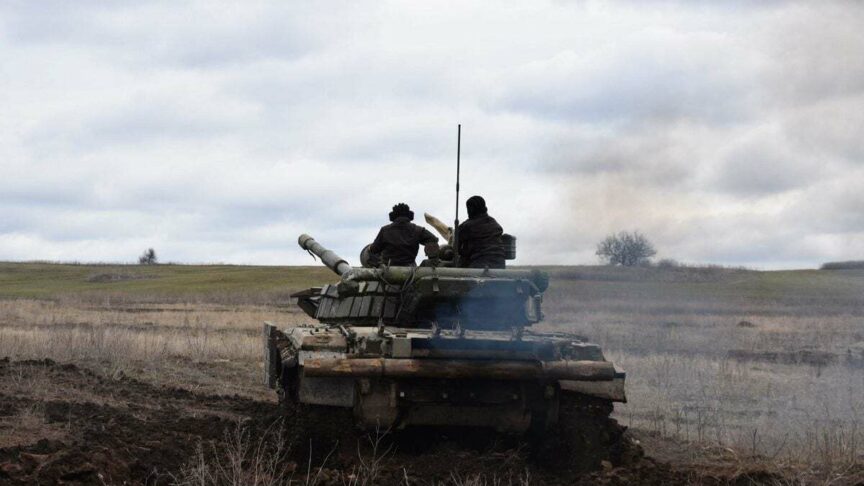
What are European and American interests in the Russia-Ukraine crisis? What are possible ways to avert a calamity?
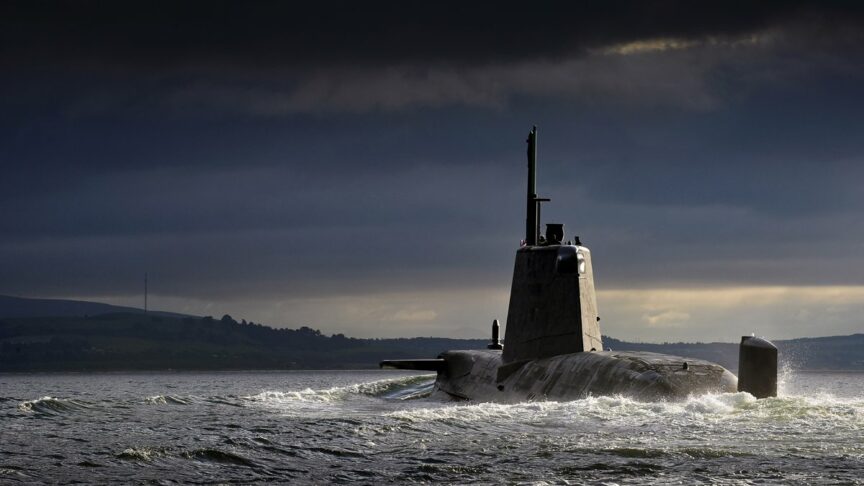
What does AUKUS mean for the future of transatlantic relations?
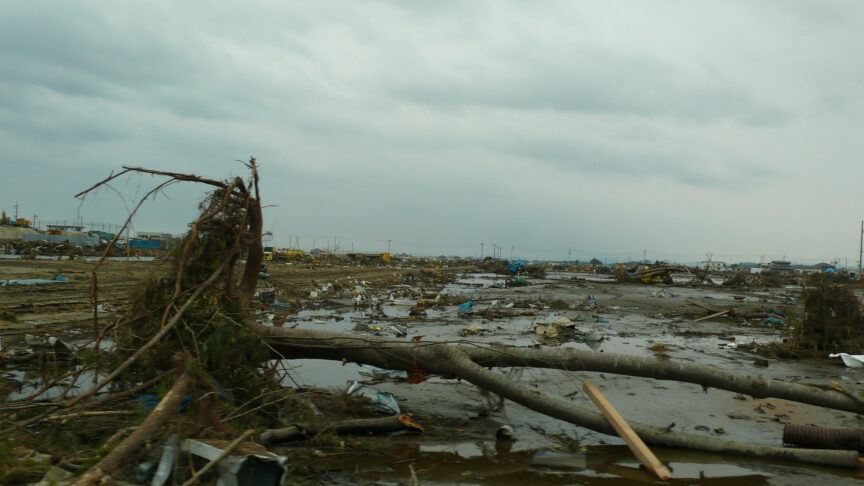
Why do some societies and states respond to catastrophe better than others: some fall apart, most hold together, and a few emerge stronger?
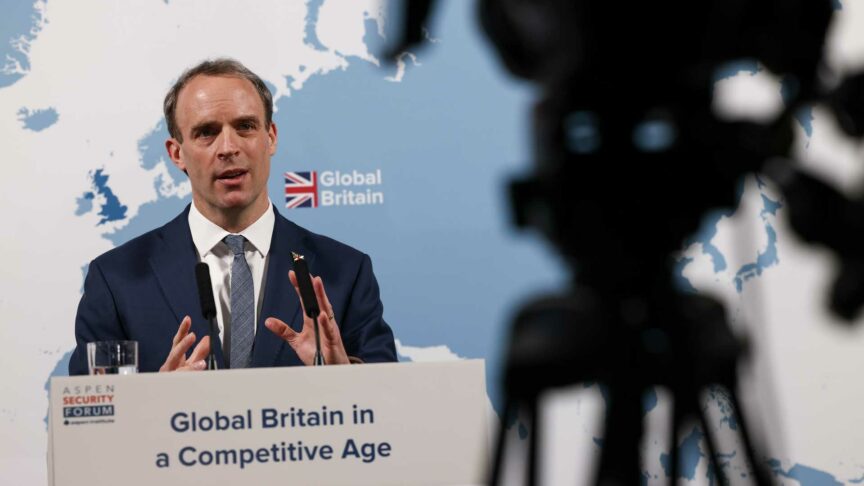
The Integrated Review lays out a vision for the UK’s role in the world – how does look like & how does the EU fit into the picture?

Mark Leonard and Jeremy Shapiro predict ten bright and bold policy projections for the year to come